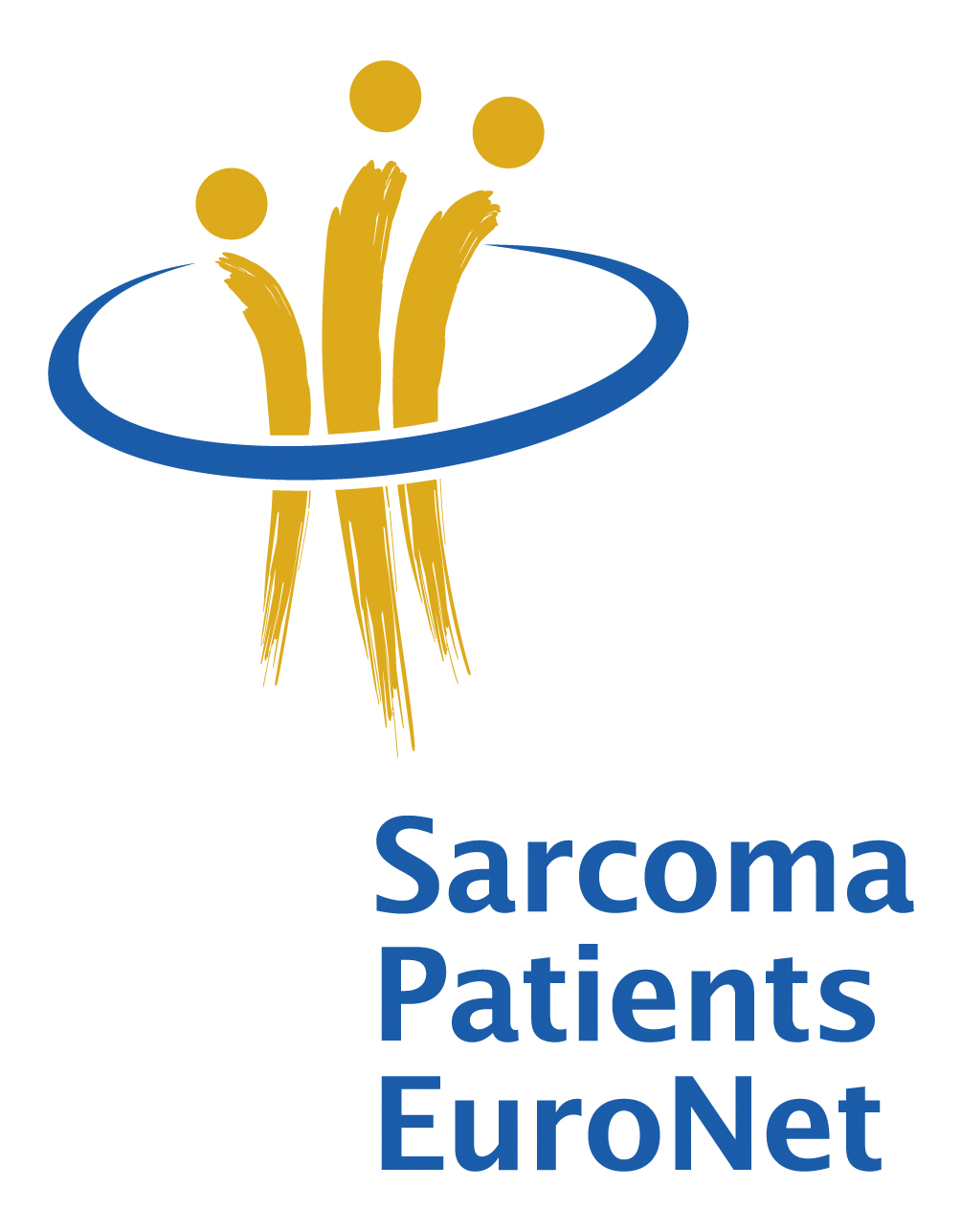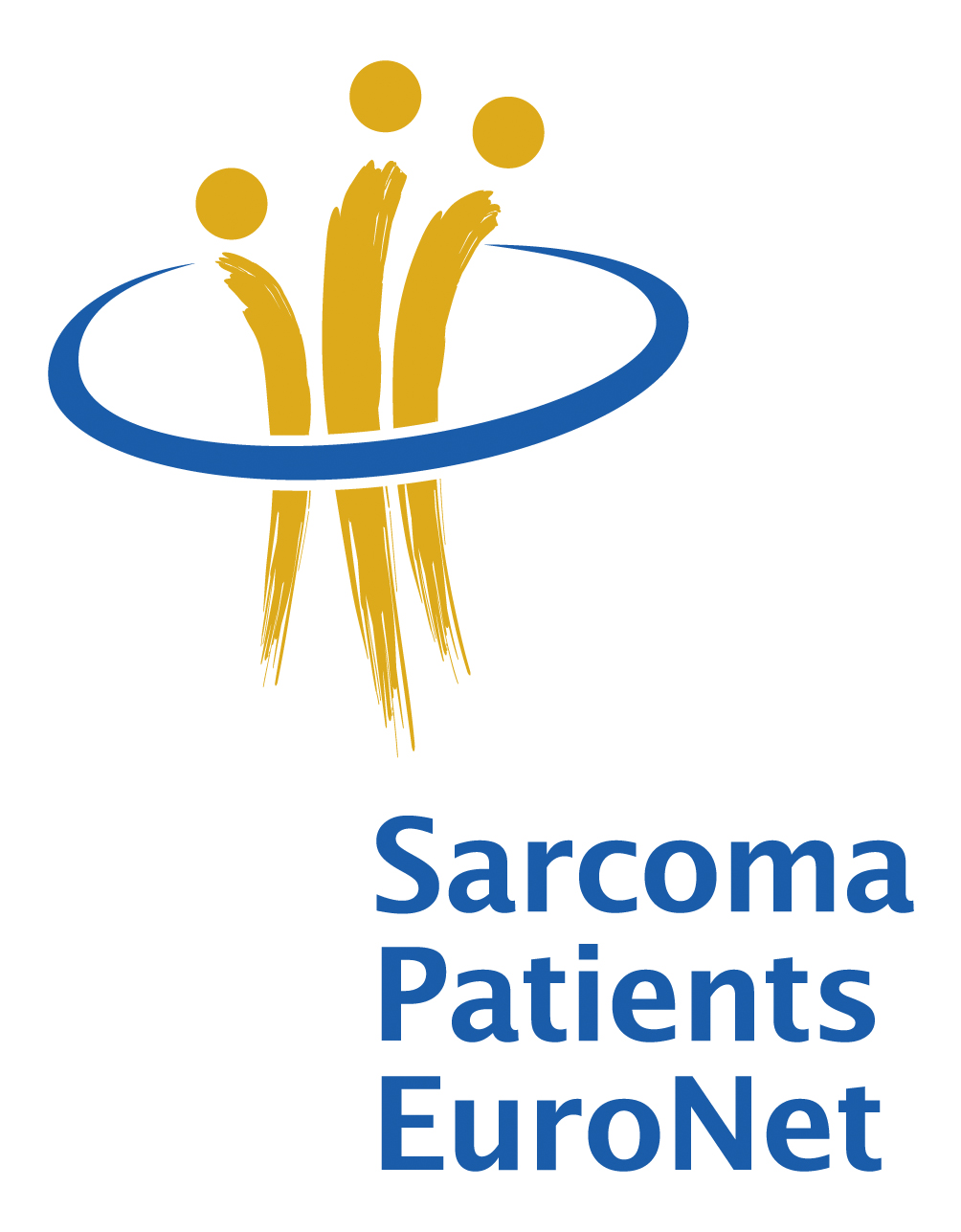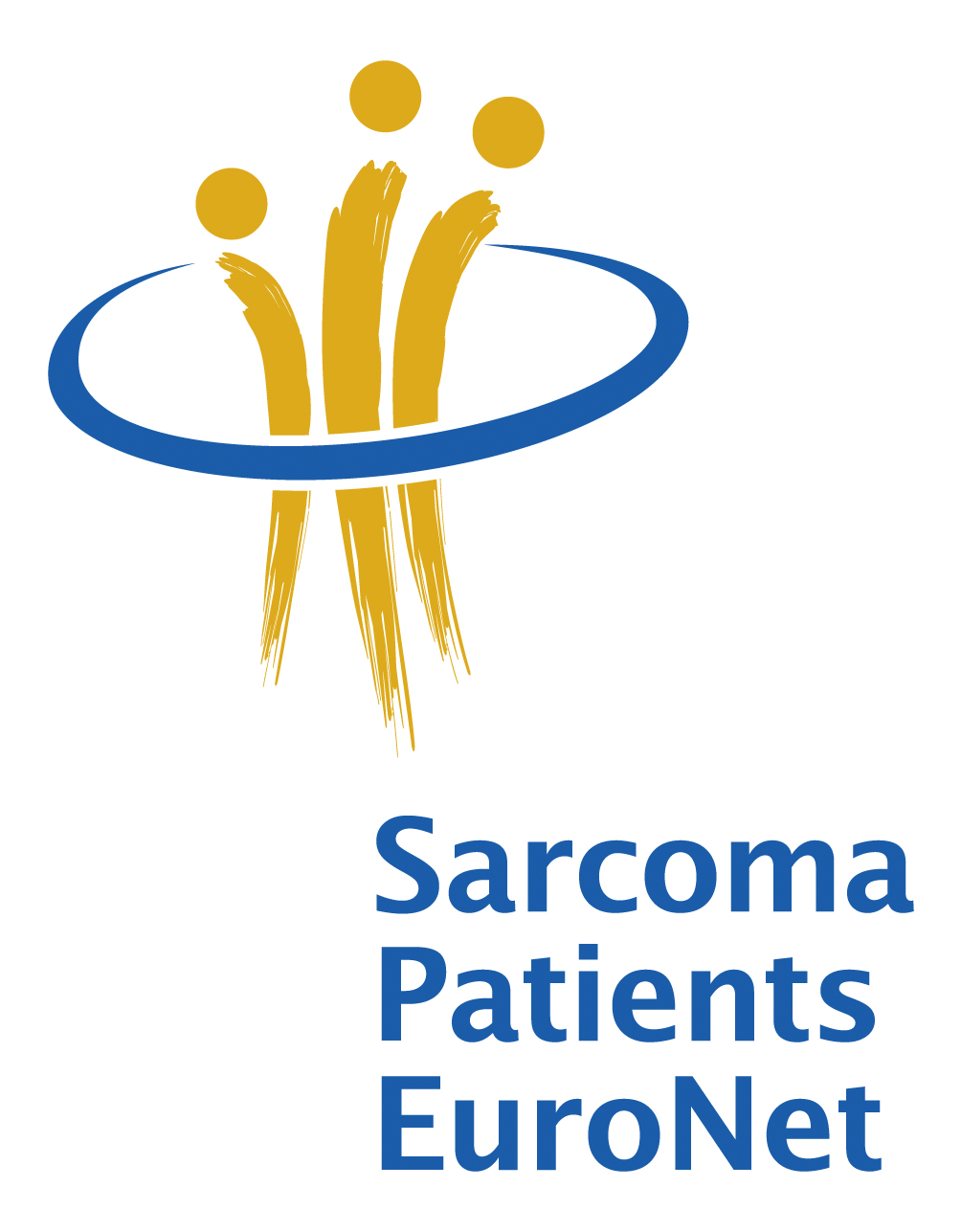Sarcomas are rare and complex conditions which make specialized care mandatory. However, due to both the scarcity of expertise and the scattering of small patient populations across the EU, it can be challenging to provide this highly specialized care for all patients.

So-called “European Reference Networks” (ERNs) pool the expertise among EU member states and thus ensure that knowledge is shared between healthcare professionals across borders. Better informed decisions on how to adapt treatment and care pathways will contribute to improvements in clinical outcomes and the quality of life of people living with a sarcoma.
On December 15, 2016, all 23 European Reference Networks (ERN) applications have been approved by the Board of Member States. Among them the ERN for Rare Solid Tumours EURACAN. The network will be chaired by Professor Jean Yves Blay, France, the sarcoma part of the network will be organised by Professor Paolo Casali, Italy. SPAEN, along with other patient advocacy groups for rare diseases, is of the so called ePAG partners, who represent patients with rare solid tumours in the creation, planning, programming, implementation and evaluation of the ERN EURACAN.
More information about the ERN EURACAN can be found on the website http://euracan.ern-net.eu/ and latest information is shared on the EURACAN Twitter channel @ERN_EURACAN.
Objective of ERNs
ERNs create a clear governance structure for knowledge sharing and care coordination across the EU. They are networks of centres of expertise, healthcare providers and laboratories that are organised across borders. A centre of expertise could be a clinical team, a medical centre or a hospital and must be formally accredited by its Member State. ERNs will be organised by groups of rare diseases as it is not possible to create separate ERNs for every one of the over 6000 rare diseases.
If no centre of expertise exists for a specific disease in your country, patients can still benefit from the knowledge that their doctor can get from centres of expertise in other countries. ERNs provide the structure that facilitates a doctor's ability to access such knowledge across borders.





